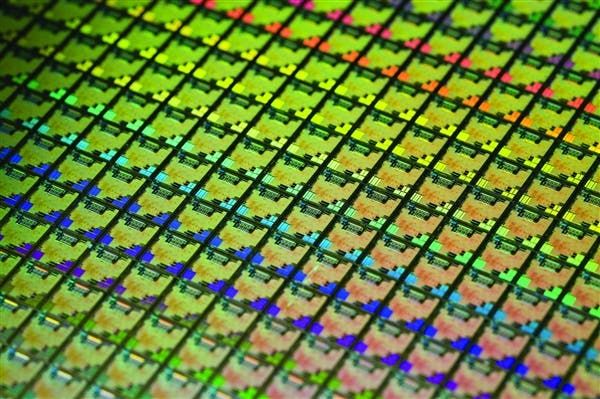According to reports, Apple and Intel will be the first customers of TSMC's 3nm, and related chips are being tested. This time Intel has not only made great strides but even placed more orders than Apple. It turns out that Apple’s first 3nm chip is not next year’s A16 processor, but the M series chip (M2? M2X?) on the iPad. This really makes sense. As for the A16 processor on the iPhone 14 series, it will use a 4nm manufacturing process.

The 4nm process is actually a better version of 5nm. In addition to Apple, MediaTek and Qualcomm have also reportedly adopted flagship products such as "Dimensity 2000" and "Snapdragon 898". This seems to imply that the first generation of 3nm chips cannot meet the requirements of mobile phone chip manufacturers in terms of production capacity, process indicators, and stability.
In addition, TSMC’s 3nm still uses FinFET (Fin Field Effect Transistor), and GAA (surround gate transistor) will be launched in the 2nm era. In comparison, Samsung's 3nm GAA has already been taped out, using Synopsys' EDA design tool, but it is reported that mass production in 2023 may not be successful, and it may even have to wait until 2025. TSMC seeks to solve the chip shortage issues in the market. To this end, the company must choose orders based on profitability and other reasons.
TSMC plans to supply 3nm chips for Apple in the second half of 2022
According to the latest report from DigiTimes, TSMC is preparing to supply 3nm chips to Apple in the second half of 2022. However, in the next few months, TSMC plans to start producing 4nm chips first. In addition, DigiTimes also pointed out that TSMC’s new 3nm process chip will have a 15% performance improvement over the previous generation, while also increasing efficiency by 30%, and will enter mass production at the end of 2022.
Apple has previously booked the initial production capacity of TSMC’s 4nm chips for the M-series chips of its future Mac computers, and recently Apple has placed a large number of orders with TSMC to produce A15 chips for the upcoming iPhone 13. The chip is based on an enhanced 5nm process.
TSMC claims that its N3 technology will become the world’s most advanced chip technology that can be mass-produced in the second half of 2022. Relying on the mature FinFET transistor architecture, N3 will have a 15% speed increase compared to N5, its power consumption will also be reduced by 30%. TSMC and Apple have been in business for a while and this is not ending anytime soon.





Place comments
0 Comments
You are currently seeing only the comments you are notified about, if you want to see all comments from this post, click the button below.
Show all comments